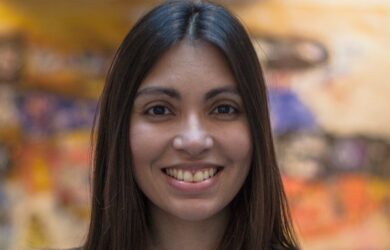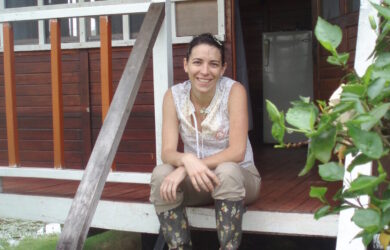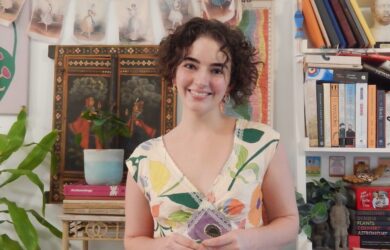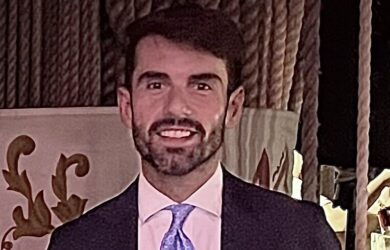Named one of the top 50 leaders in science, technology and business by Scientific American, Professor Young’s lecture, Genetics, Epigenetics and Future Medicine, took place on 19th October 2011 at Magdalene College.
Professor Young is a Member of the Whitehead Institute and a Professor of Biology at MIT. He studies the gene regulatory circuitry that controls cell state in humans and animals. Among his scientific accomplishments is the discovery of the core regulatory circuitry of human embryonic stem cells. This regulatory circuitry controls developmental processes that are key to human health and disease.
Professor Young received his BSc degree in Biological Sciences at Indiana University, his PhD in Molecular Biophysics and Biochemistry at Yale, and conducted postdoctoral research at Stanford. He has served as an advisor to Science magazine, the National Institutes of Health and the World Health Organization. He has founded and advised companies in the biotechnology and pharmaceutical industry. His honours include a Burroughs Wellcome Scholarship, the Chiron Corporation Biotechnology Research Award, and Yale’s Wilbur Cross Medal.












